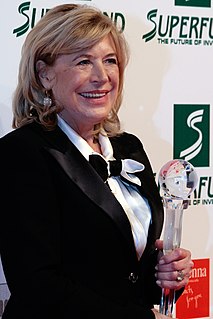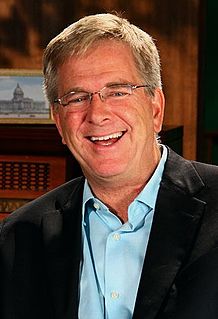A Quote by Tom Robbins
Except in the areas of civil rights and medical marijuana, the legacy of the sixties counterculture has been largely superficial. Still, though the light has dimmed and gone underground, something in me would like to think the sixties phenomenon was a dress rehearsal for a grander, wider leap in consciousness yet to come.
Related Quotes
There is a lot of sixties-bashing going on these days that I don't agree with at all. I feel that extremely important ideals were brought to the forefront of the collective consciousness at that time. Granted, drug use was so pervasive that our generation did not as a group have the capacity to manifest our ideals to any great extent. But many of the people who were young in the sixties and who were most touched by that collective ethos are still touched.
As an artist, there's a sweet, jump-starting quality to [marijuana] for me. I've often felt telepathic and receptive to inexplicable messages my whole life. I can stave those off when I'm not high. When I'm high - well, they come in and there's less of a veil, so to speak. So if ever I need some clarity, or a quantum leap in my own consciousness, or a quantum leap in terms of writing something or getting an answer, it's a quick way for me to get it.
In the fifties, you have your beauty as a treat. I thought that until I hit the sixties.In your sixties, life decides to reward you with certain kinds of profound appreciation, so that people name their children and schools and libraries after you! And you still have your sexuality and your sensuality. If you want your sexuality, you still have it.
I don't think anyone has ever been in a better place at a better time than I was when I was editor of Vogue. Vogue always did stand for people's lives. I mean, a new dress doesn't get you anywhere; it's the life you're living in the dress, and the sort of life you had lived before, and what you will do in it later. Like all great times, the sixties were about personalities.







































